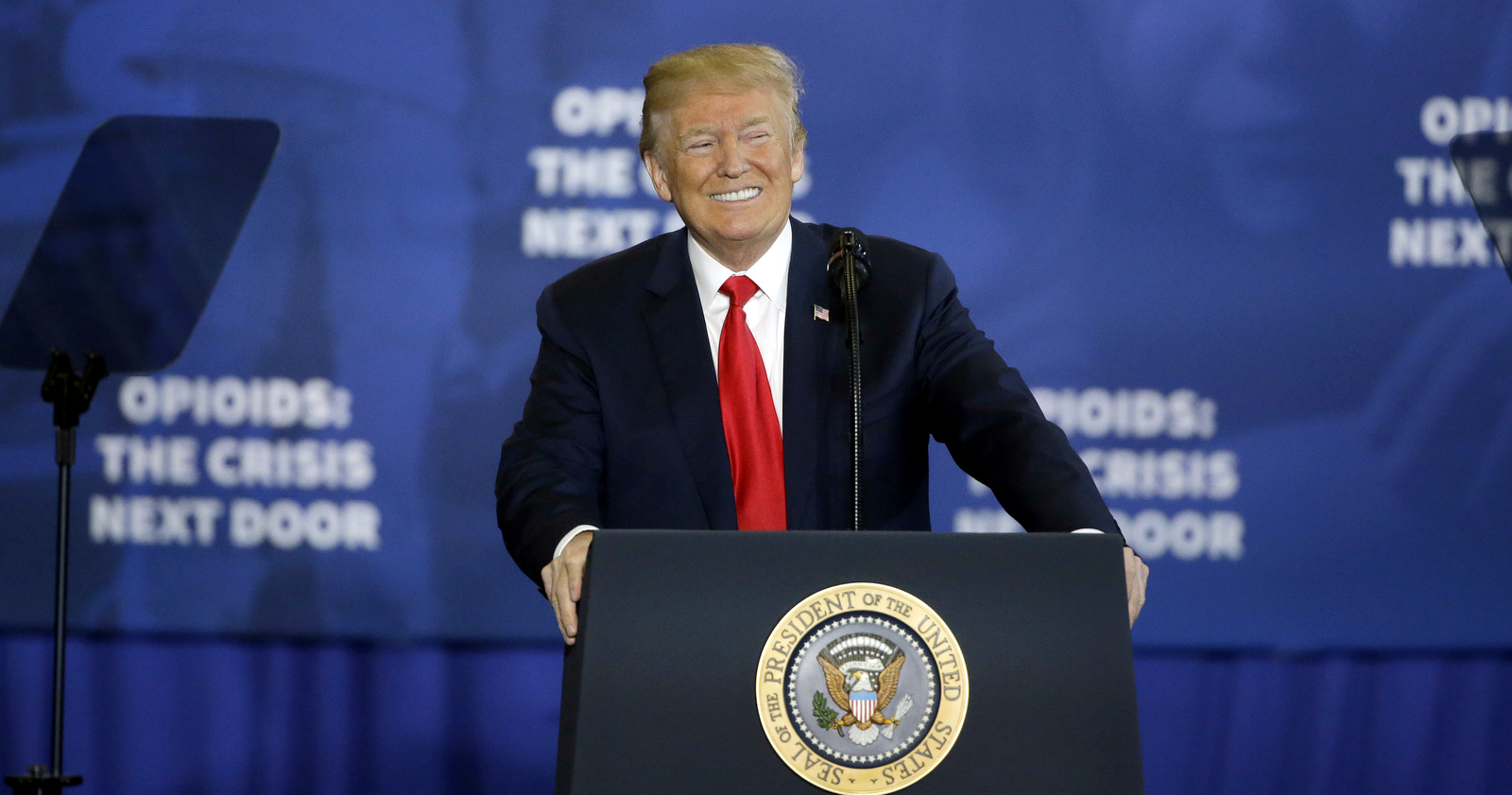US President Donald Trump often brags about his visionary business prowess, and his acolytes hail the former property tycoon for his razor-sharp intelligence. Critics and detractors, on the other hand, speak of his impulsiveness and reckless, short-attention span.
The latter uncharitable characterization of the 45th president seems more than amply substantiated this week as he launched a trade war with China and, further, spooked global oil markets over his belligerent showdown with Iran.
Given the dire financial repercussions for the US and, more generally, the international economy from Trump’s actions one wonders how he can ever claim to be such a business guru.
First on China, the Trump administration this week finally implemented its threats to raise punitive taxes on $34 billion-worth of Chinese exports. Trump is threatening to ramp up the tariffs on all Chinese traded goods to the US – some $450 billion-worth a year. Beijing condemned the “first shots” of the “biggest trade war in economic history”. It immediately hit back with equivalent reprisal tariffs on US exports.
Warnings from Beijing that “no-one wins in a trade war” reverberated with panicky losses across international markets, fearing that the escalating tensions between the world two largest economies will severely inflict collateral damage on the entire globe.
Even in the US, Trump’s hard-balling with China had rapid repercussions. Industries which are associated with Trump’s voter base are reeling over concerns about the impact of Chinese counter-measures.
The New York Times reported: “American metal producers, energy companies and automakers are worried. Some businesses are bracing by halting hiring, putting off expenses and otherwise cutting costs.”
If the Trump administration goes the whole hog in its trade war with China, as it is belligerently claiming to do, then it is highly likely that the American economy, along with the rest of the world, will tank into recession.
None more so than Trump’s core voters will be worse affected through soaring consumer price inflation and job lay-offs as China cuts off its massive annual trade with the US in search for alternative markets.
It is not as if this consequence is obscure. It is blindingly obvious in such an elaborately intertwined global economy, and especially between the interwoven two biggest national economies. Already, the US economy is being impacted, and yet Trump the supposed business guru plows forth into the abyss as if wearing a blindfold.
The other big wake-up call about Trump’s thinking limitations is his detrimental showdown with Iran. The American president’s bullish demand that all nations cancel oil exports from Iran is sending market prices upwards.
Higher oil prices will, again, hamper the international economy and US growth in particular.
The prospect can only get much worse if Trump persists in trying to isolate Iran – the world’s fourth biggest supplier of oil.
Iranian President Hassan Rouhani said this week that his nation is prepared to block off the Persian Gulf chokepoint for global oil trade if the US continues its plan to embargo all Iranian crude exports. Rouhani is referring to the Strait of Hormuz, the narrow stretch of water which links the Persian Gulf to the Gulf of Oman and thence the rest of the world.
Some one-third of all globally shipped oil passes through the Hormuz every day. Millions of barrels of crude from Saudi Arabia, Kuwait, Iraq and United Arab Emirates rely on the passage of giant tankers through the 20-mile strip at its narrowest. In a clear warning regarding US plans to cut Iran’s vital exports, Rouhani said the Hormuz was for the transit of “all oil or none”. Meaning Iran is not going to sit idly by and watch Trump reduce its oil exports to zero.
It is questionable if Iran would have the legal right to shut down the Strait of Hormuz. Shipping lanes through the strait are also shared with neighboring Oman. But such legal considerations are probably trifling anyway. The United States will view any Iranian blockade as a threat to its vital interests, and therefore an act of war. Iran could counter-argue that the US has already declared war by cutting off its economic lifeline.
The US Navy this week said that it would ensure that the Strait of Hormuz remains open at all costs. That inevitably means war. No doubt the US allies, Saudi Arabia, the UAE and Israel, will be more than willing to join in an American attack on Iran. For months now, tensions have been pointing to such a grim outcome.
In that extreme event, then the global economy faces a blackout. Skittish oil prices will go through the roof, and the international economy will take a death-plunge. The US and its notorious addiction to cheap oil has the most to lose from such a crash.
To say Donald Trump is something of an “enigma” is perhaps too elaborate an adjective to describe his manner. Indeed, he is at times hard to fathom about why he says and does things. (One hopes that when Trump meets Russia’s Vladimir Putin in Helsinki next week, the two leaders can find some kind of workable understanding.)
But one thing seems all too evident from Trump’s unnerving impact on American and global economics – he is no visionary guru. His reckless blundering spectacularly on display this week is that of a bull in a china shop. Blindfolded.
Top Photo | Donald Trump speaks about his plan to combat opioid drug addiction at Manchester Community College, Monday, March 19, 2018, in Manchester, N.H. (AP/Elise Amendola)


